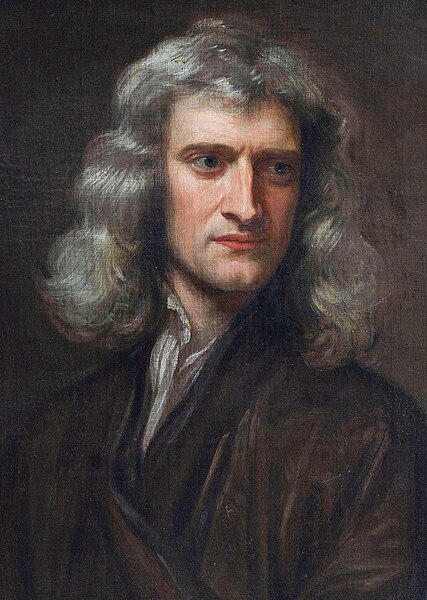An academy of sciences is a type of learned society or academy dedicated to sciences that may or may not be state funded. Some state funded academies are tuned into national or royal as a form of honor.
Main building of the Royal Swedish Academy of Sciences in Stockholm
The Finnish Academy of Science and Letters along the Mariankatu street in Helsinki
The Keck Center of the National Academies in Washington, D.C., one of several facilities where the National Academy of Sciences maintains offices
Slovak Academy of Sciences (Presidium Building)
The Royal Society, formally The Royal Society of London for Improving Natural Knowledge, is a learned society and the United Kingdom's national academy of sciences. The society fulfils a number of roles: promoting science and its benefits, recognising excellence in science, supporting outstanding science, providing scientific advice for policy, education and public engagement and fostering international and global co-operation. Founded on 28 November 1660, it was granted a royal charter by King Charles II as The Royal Society and is the oldest continuously existing scientific academy in the world.
Entrance to the Royal Society at 6–9 Carlton House Terrace, London
John Evelyn, who helped to found the Royal Society
Mace granted by Charles II
Sir Isaac Newton FRS, President of Royal Society, 1703–1727. Newton was one of the earliest Fellows of the Royal Society, elected in 1672.








